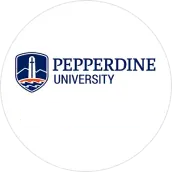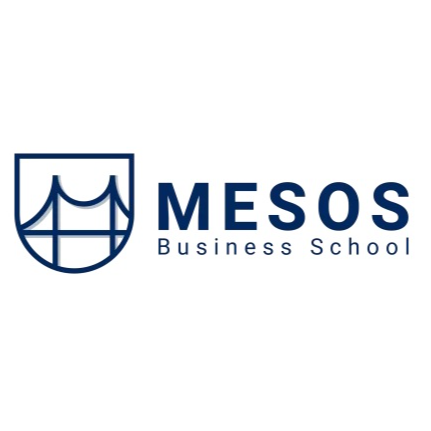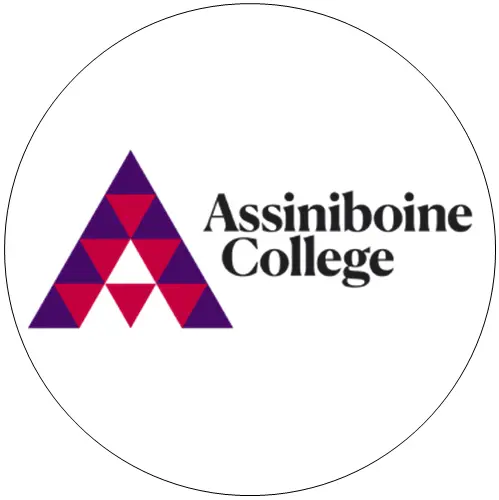• Study Abroad
How to write a CV?
3503 Reads
3 min Read
Candidates can benefit immensely by learning how to write a CV, as it’s their first chance to promote themselves to an employer. A CV is a short, written summary of skills, achievements and experience related to the job role.
Recruiters only spend eight seconds looking at the CV, so one has to be sure that it stands out for all the right reasons. A CV should ensure that the application is progressed to the interview stage. A CV stands for curriculum vitae, a Latin phrase meaning ‘course of life’, and is a document used for applying for jobs.
Does one need a CV or a Resume?
How to write a CV?
Traditional CV or Chronological CV
Skills-based or targeted CV
Technical CV
Creative CV
Academic CV
What should be included in a CV?
A CV includes some additional information as compared to a resume and is mostly written in a detailed manner.Contact details
Profile
Education
Work experience
Skills and achievements
Interests
References
Tips for writing a good CV
After comprehending what the difference between a CV and a resume, some tips could be handy for writing a good CV.Use active verbs when possible
No spelling or grammar mistakes
Avoid generic, over-used phrases
Don’t lie or exaggerate on the CV or job application
Always include a cover letter unless the employer states otherwise
Conclusion
Also read: How to write a statement of purpose
FAQ
Get great articles direct to your inbox
The latest news, articles, and resources, sent straight to your inbox every month.
Popular Universities to Study Abroad
World class education waiting for you.


Dimensions International College - City Campus
Central Region, Singapore • 35 Programmes
Tuition Fee : SGD 0-0 / year

SRH Universities - Cologne Campus
North Rhine-Westphalia, Germany • 6 Programmes
Tuition Fee : EUR 9000-9800 / year

Kaplan Group - University of Connecticut - Stamford Campus
Connecticut, USA • 20 Programmes
Tuition Fee : USD 37000-38000 / year

State University of New York College at Geneseo
New York, USA • 39 Programmes
Tuition Fee : USD 18000-19000 / year

MESOS Business School - Bordeaux Campus
Nouvelle-Aquitaine, France • 5 Programmes
Tuition Fee : EUR 6000-6000 / year


Assiniboine Community College - North Hill Campus (Brandon)
Manitoba, Canada • 10 Programmes
Tuition Fee : CAD 16000-21000 / year
Popular English Language Proficiency Exams
Blogs and Articles
Curated content to keep you updated on the latest education trends, news and more.
Updated on • Jul 17,2025 05:33 PM IST • USA
PTE Accepted Universities in Australia
Updated on • Jul 17,2025 05:09 PM IST • PTE
Part-Time Jobs for International Students in Australia
Updated on • Jul 17,2025 03:44 PM IST • Australia
Updated on • Jul 12,2025 04:02 PM IST • USA
Updated on • Jul 11,2025 11:32 AM IST • Education
CPT vs OPT: Meaning, Difference, and How to Apply
Updated on • Jul 11,2025 10:40 AM IST • USA
Masters in Computer Science in UK: Top Colleges, Eligibility, Scholarships
Updated on • Jul 10,2025 11:29 AM IST • study in the UK
Highest Paying Jobs in the World
Updated on • Jul 08,2025 01:40 PM IST • Study Abroad
MBA in Australia for Indian Students: Best Universities, Requirements, Scholarship, Courses, Jobs
Updated on • Jul 08,2025 01:35 PM IST • Australia
Canada vs Australia: Which Country is Better for Indian Students in 2025?
Updated on • Jul 07,2025 12:46 PM IST • Education
France vs Germany: Which Is Better for International Students?
Updated on • Jun 30,2025 05:15 PM IST • Education
Top 10 Agricultural Universities in USA
Updated on • Jun 27,2025 05:25 PM IST • USA
Most In-Demand Future Careers in 2025
Updated on • Jun 26,2025 04:41 PM IST • Education
How Much Do Nurses Make in the U.S.?
Updated on • Jun 23,2025 03:59 PM IST • USA
Updated on • Jun 21,2025 02:00 PM IST • USA
MBA in UK: Universities, Eligibility, Types, and Career Opportunities
Updated on • Jun 19,2025 04:09 PM IST • UK • study in the UK
Scholarships in France for Indian Students
Updated on • May 29,2025 05:22 PM IST • France
Intakes in Dubai for Indian Students
Updated on • May 27,2025 03:34 PM IST • Study in Dubai
France Student Visa 2025 – Requirements, Fees, Checklist & Application Process
Updated on • May 23,2025 03:36 PM IST • France
MBA in France for Indian Students in 2025
Updated on • May 22,2025 05:35 PM IST • France
Related Blogs and Articles
A little effort to provide an authentic and reliable content for keen readers!!
Highest Paying Jobs in the World
Updated on • 08-07-2025 • Study Abroad
Countries to study MBA abroad in 2024 : Eligibility, Fees, Exams for Indian Students
Updated on • 28-04-2025 • Study Abroad
A Guide to calculating CGPA to percentage to study abroad
Updated on • 26-04-2025 • Study Abroad
ACT vs. SAT: Which One to Choose?
Updated on • 14-04-2025 • Study Abroad
Top Trending MBA Specialisations in 2025
Updated on • 08-04-2025 • Study Abroad
Best Countries to Study Abroad for Indian Students in 2025
Updated on • 08-03-2025 • Study Abroad
Things to Keep in Mind Before Studying Abroad
Updated on • 21-01-2025 • Study Abroad
How to Choose a Study Abroad Destination?
Updated on • 09-01-2025 • Study Abroad
Updated on • 07-01-2025 • Study Abroad
Top MBA Courses to Specialize in Abroad
Updated on • 25-10-2024 • Study Abroad
Part-Time Jobs for International Students Abroad
Updated on • 23-10-2024 • Study Abroad
How Can Overseas Study Experience Help You In Your Career?
Updated on • 15-07-2024 • Study Abroad
Why take Study Abroad Counselling?
Updated on • 08-07-2024 • Study Abroad
Why are Indian Students seeking Education Abroad?
Updated on • 25-06-2024 • Study Abroad
How Canam Consultants Helps in Availing Student Loan to Study Abroad
Updated on • 18-05-2024 • Study Abroad
How Students Can Maintain Mental & Physical Wellbeing While Studying Abroad
Updated on • 30-04-2024 • Study Abroad
Cost of Living in Canada for Indian Students in 2024
Updated on • 30-04-2024 • Study Abroad
How to Apply for Student Loans to Study Abroad?
Updated on • 18-03-2024 • Study Abroad
Statement of Purpose (SOP) for Internship
Updated on • 15-02-2024 • Study Abroad
Highest Paying MBA Specializations in Abroad
Updated on • 09-02-2024 • Study Abroad












